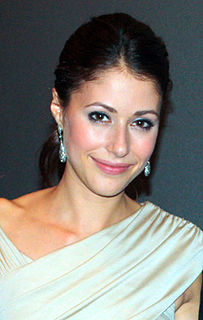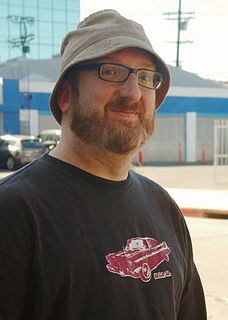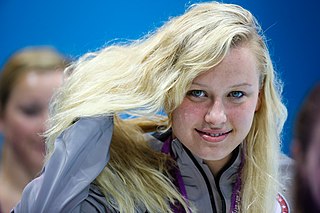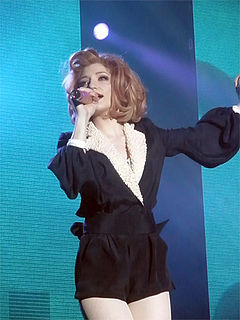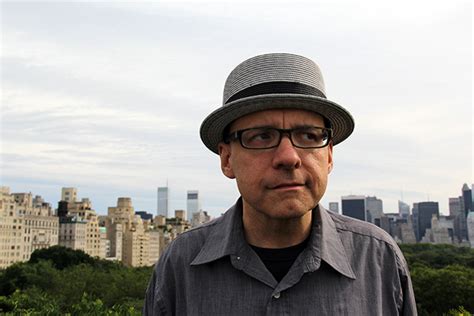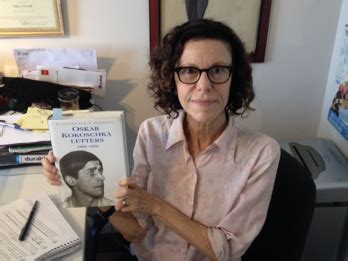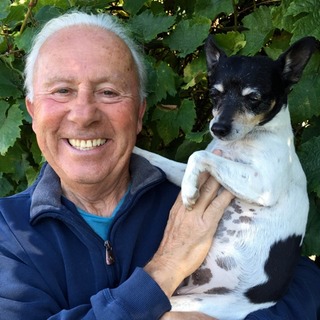A Quote by Kumail Nanjiani
I think being funny had something to do with feeling like an outsider, not feeling cool - insecurity.
Related Quotes
I've always been into the not stereotypical hunk guy - I'm into dorky, like I call it adorkable. And I think that a lot of girls are into that. I think there's something disarming about it and endearing and also puts you at ease and there's an attractiveness there - it's like a good sense of humor, self-deprecating, weirdness. You know? Because I think we all have that in ourselves, but we just try to hide it because it's not "cool," but a lot of people can kind of relate to that feeling or the outsider feeling.
Unworthiness is the inmost frightening thought that you do not belong, no matter how much you want to belong, that you are an outsider and will always be an outsider. It is the idea that you are flawed and cannot be fixed. It is wanting to be loved and feeling unlovable, or wanting to love and feeling that you are not capable of loving.
I could feel myself changing physically. It was like something dropped out of the sky. Seeing her on the fire escape had given me a certain feeling, and then when I saw the photograph of her, it gave me a similar feeling. And I thought that was an incredibly powerful thing - that a photograph could give you a feeling that was similar to a feeling you had in the physical world. Nobody could've told me that. I knew what I was going to do for the rest of my life.


